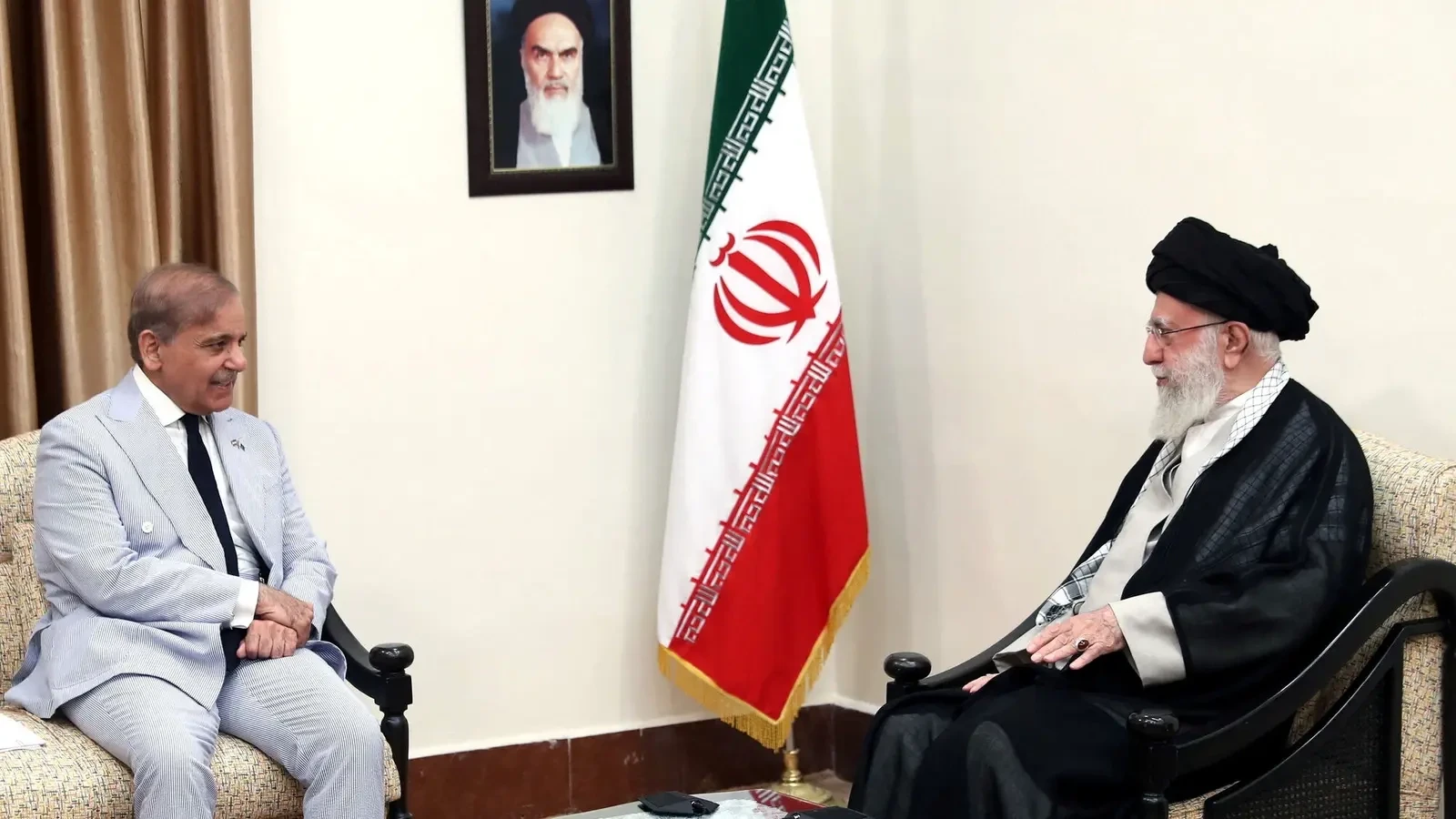Pakistan has closed all its border crossings with Iran indefinitely, provincial officials confirmed on Monday (June 16). The move comes as tensions between Israel and Iran continue to rise following multiple strikes and escalating threats of further conflict.
“Border facilities in all five districts – Chaghi, Washuk, Panjgur, Kech and Gwadar – have been suspended,” said Qadir Bakhsh Pirkani, a senior official in Balochistan province, which borders Iran.
Atta ul Munim, an official at a crossing in Chaghi district, added, “Crossing into Iran has been suspended until further notice.”
Trade continues, returns allowed
Despite the closure, officials say trade has not been halted. Pakistani citizens returning from Iran will still be allowed to cross.
“We’re expecting around 200 Pakistani students coming today,” said Atta.
On Sunday, Pakistani Foreign Minister Ishaq Dar said that 450 Pakistani pilgrims had already been evacuated from Iran. More will follow from both Iran and Iraq, which host important Shiite religious sites.
Iran claims Pakistan pledged nuclear support
An Iranian commander claimed that Pakistan had pledged to support Tehran with nuclear retaliation if Israel escalates.
General Mohsen Rezaei, a senior commander in the Islamic Revolutionary Guard Corps (IRGC) and member of Iran’s National Security Council, told Iranian state TV, “Pakistan has told us that if Israel uses a nuclear bomb on Iran, then Pakistan will also attack Israel with a nuclear bomb.”
Pakistan, the only Muslim-majority country with nuclear weapons, does not recognise Israel, like Iran.
Islamabad firmly denies nuclear claim
Islamabad was quick to deny the claim. Pakistan’s Defence Minister Khawaja Muhammad Asif dismissed the statement in a post on X (formerly Twitter), saying that Pakistan had made “no such commitment”.
In his statement, he said, “Our nuclear capability is for the benefit of our people and defence of our country against the hostile designs of our enemies. We do not pursue hegemonic policies against our neighbours which are being amply demonstrated by Israel these days.”
Asif also warned, “The world should be wary and apprehensive about Israel’s nuclear prowess,” and accused the country of not following “any international nuclear discipline.”
Pakistan’s position in a growing conflict
Pakistan shares a 900-kilometre-long border with Shiite-majority Iran and has close religious, cultural, and strategic ties with its neighbour. However, Islamabad appears keen to avoid being drawn directly into the Israel-Iran confrontation.
